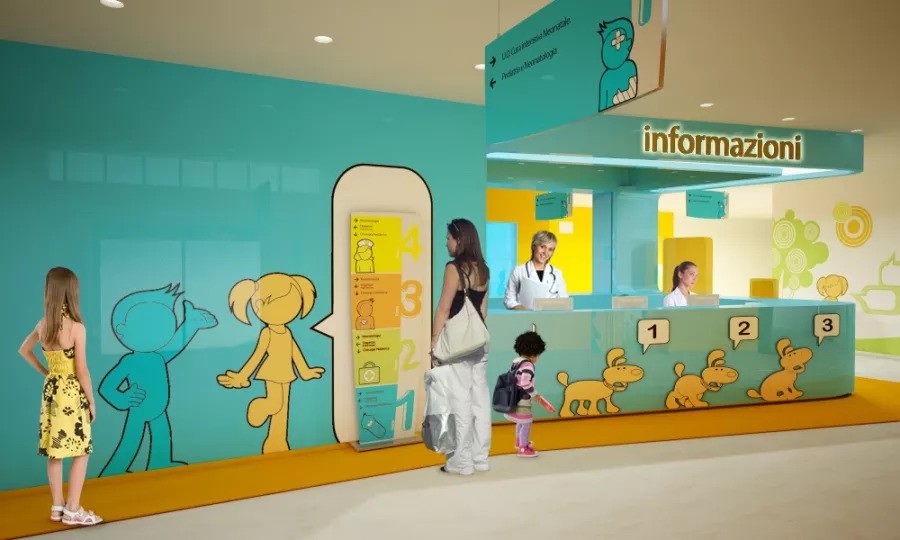In the vast landscape of healthcare, pediatric hospitals stand as bastions of hope and healing for the most vulnerable members of our society: children. Beyond their role in providing medical treatment, these institutions serve as advocates for the unique needs and rights of children in the healthcare system. They are not just buildings filled with doctors and nurses; they are voices amplifying the concerns and challenges faced by children and their families. In this blog, we delve into the pivotal role pediatric hospital hyderabad play as advocates for children’s health and well-being.
Understanding Pediatric Hospitals
Pediatric hospitals are specialized healthcare facilities dedicated exclusively to the care of infants, children, and adolescents. These institutions are equipped with medical professionals trained in pediatric medicine and equipped with specialized equipment tailored to meet the unique needs of young patients. From routine check-ups to complex surgeries, pediatric hospitals offer a comprehensive range of services designed to address the diverse healthcare needs of children.
Advocating for Children’s Rights
Beyond providing medical care, pediatric hospitals serve as advocates for children’s rights within the healthcare system. They recognize that children have unique needs and vulnerabilities that must be addressed with specialized care and attention. Advocacy efforts within pediatric hospitals encompass a wide range of initiatives aimed at safeguarding children’s health and well-being.
1. Policy Advocacy:
Pediatric hospitals actively engage in advocacy efforts to shape healthcare policies at local, state, and national levels. They work closely with policymakers to advocate for legislation that supports children’s access to quality healthcare, funding for pediatric research, and initiatives aimed at improving child health outcomes.
2. Research and Innovation:
Pediatric hospitals play a crucial role in advancing medical research and innovation in pediatric medicine. Through research initiatives, they seek to identify new treatments, therapies, and interventions that can improve outcomes for children with various health conditions. By investing in research, pediatric hospitals contribute to the development of evidence-based practices that benefit children worldwide.
3. Education and Outreach:
Another key aspect of advocacy within pediatric hospitals is education and outreach. These institutions provide resources and support to children and their families, empowering them to make informed decisions about their healthcare. Additionally, pediatric hospitals often collaborate with schools, community organizations, and other healthcare providers to raise awareness about children’s health issues and promote preventive care.
4. Addressing Health Disparities:
Pediatric hospitals are committed to addressing health disparities that disproportionately affect marginalized communities. Through targeted outreach programs and initiatives, they strive to ensure that all children have access to equitable healthcare services regardless of their socio-economic background, race, or ethnicity.
The Impact of Pediatric Hospital Advocacy
The advocacy efforts of pediatric hospitals have a profound impact on the lives of children and families across the globe. By championing the rights of children within the healthcare system, these institutions help ensure that every child receives the care and support they need to thrive. Whether it’s advocating for policy changes, conducting groundbreaking research, or providing educational resources, pediatric hospitals are at the forefront of efforts to improve children’s health outcomes.





